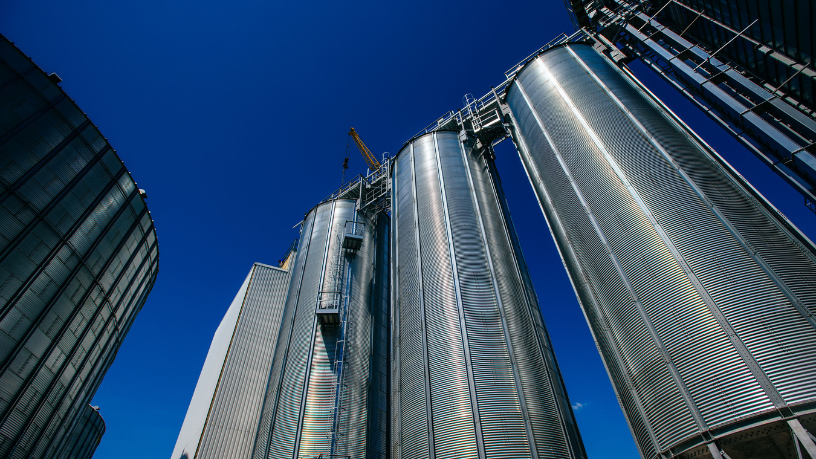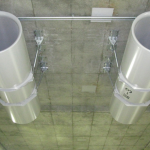According to Mr. Aldo Vendramin, the growing demand for organic foods has led producers and industries to rethink their storage practices. Unlike conventional products, organic foods require extra care during the storage process to maintain their quality and integrity. In this context, silos and storage systems need to be adapted to ensure that organic products retain their properties and characteristics during storage.
Find out the key adaptations needed for silos and storage systems to meet the specific needs of organic products without compromising their quality, taste, or nutritional value.
What Are the Specific Needs of Organic Products During Storage?
Organic products are grown without the use of chemical fertilizers or synthetic pesticides, which means they are more sensitive to external contamination and changes in storage conditions. The main need of organic products is to ensure they are kept in controlled environments, free of chemicals and with good ventilation. For this, storage systems must include technologies that monitor temperature, humidity, and airflow.

Moreover, as Aldo Vendramin mentions, the presence of pesticides and contaminants must be avoided at all costs during storage since the integrity of organic products is directly linked to their absence. Thus, silos and facilities must be cleaned frequently to prevent residues from interfering with the properties of the stored product.
How Can Silos Be Adapted to Prevent Contamination and Maintain Organic Quality?
Conventional silos, typically used for storing grains and other products, need to undergo some modifications to be suitable for organic product storage. One of the main adaptations is the use of materials that do not release chemicals, avoiding any risk of contamination. Additionally, it is essential that silos have more advanced ventilation and climate control systems to ensure organic products are stored under ideal conditions.
@otaviooscarfakhoury Como Superar os Desafios do Brasil e Prosperar_ Otávio Oscar Fakhoury Empreendedores no Brasil enfrentam obstáculos, mas com as estratégias certas, como destacados Otávio Oscar Fakhoury, é possível prosperar no mercado. #OscarFakhoury #OtávioFakhoury #OtávioOscarFakhoury #empresárioFakhoury #Fakhouryptb #queméOtávioFakhoury
♬ original sound – otaviooscarfakhoury – otaviooscarfakhoury
Silos should also be designed to allow for stock rotation, preventing older products from being stored with new ones. According to businessman Aldo Vendramin, using technologies that enable remote monitoring of conditions such as humidity, temperature, and the presence of contaminants can further optimize the storage process, ensuring the quality of the food until distribution.
What Technologies Can Be Incorporated Into Storage Systems to Ensure Organic Product Quality?
Technology plays a key role in maintaining the quality of organic products during storage. Smart sensors for temperature and humidity monitoring are essential to ensure that ideal conditions are maintained. These sensors can be connected to automation systems that automatically adjust the conditions inside the silo, preventing variations that could harm the quality of the food.
Another important innovation is the use of traceability and remote control systems, which allow producers and operators to monitor the storage of organic products in real time. As Aldo Vendramin demonstrates, this not only ensures greater control over storage conditions but also facilitates the identification and resolution of problems before they affect the food.
Conclusion
In summary, storing organic products requires specific care to ensure their quality is not compromised. For Aldo Vendramin, with the continuous growth in demand for organic foods, these adaptations in storage systems are not only necessary but also essential for the sustainability and success of the sector. Implementing these practices can help preserve product quality and strengthen consumer trust.
Author: Bergezin Vuc
Source: Saftec Digital Communication Department







